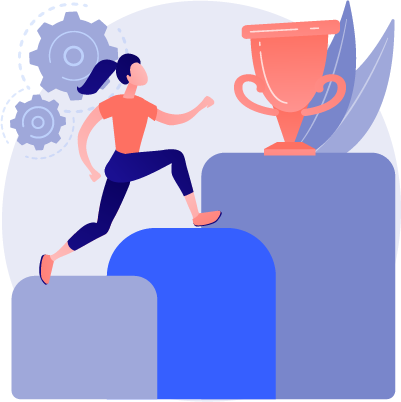Human Development
Human Development, introduced in 1990, is an approach for expanding the richness of human life, rather than sampling the richness of the economy in which human beings live. People are at the center of this approach, and it focuses on people and their opportunities and choices. The first Human Development Report defined human development as “a process of enlarging people’s choices. In principle, these choices can be infinite and change over time. However, at all levels of development, the three essential ones are for people to lead a long and healthy life, to acquire knowledge and to have access to resources needed for a decent standard of living. If these essential choices are not available, many other opportunities remain inaccessible” (UNDP, 1990). The main concern of the human development approach is to build human capabilities, which consist of a set of “doings” and “beings” that help humans to lead the life they have reason to value. In this approach, the Human Development Index (HDI) measures the well-being of humans, which is made up of essential ingredients of human well-being, including health, education, and income. As the international community moves toward implementing and monitoring the 2030 agenda, the human development approach remains useful to articulating the objectives of development and improving people’s well-being by ensuring an equitable, sustainable and stable planet.

Despite some progress, post-war countries have the lowest human development index. AACS Consulting offers in-depth studies on human development issues and strategies and provides policy and briefing papers and detailed reports for governments and relevant national and international organizations.
